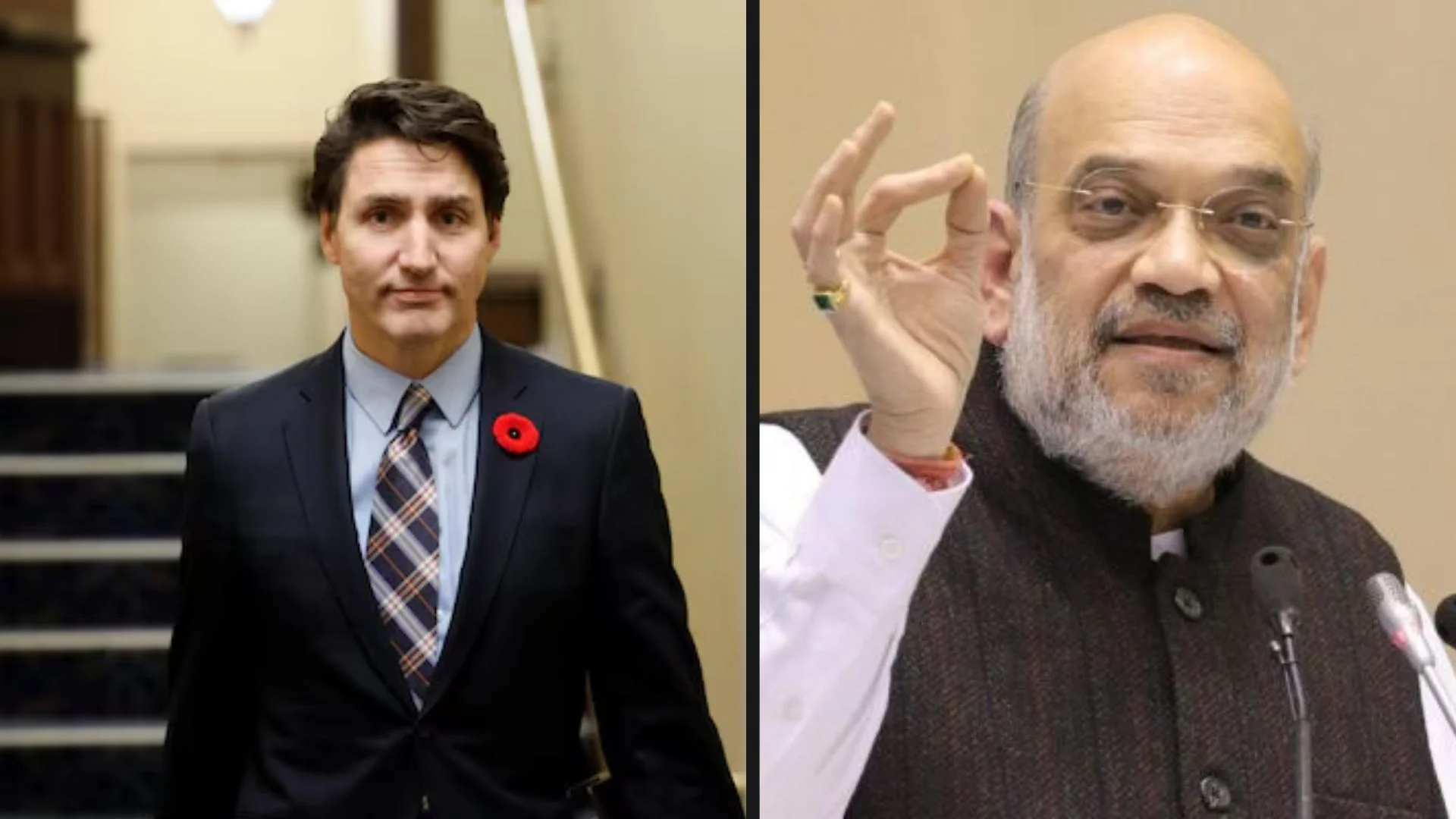Canadian officials recently alleged that India’s Home Affairs Minister Amit Shah, a close ally of Prime Minister Narendra Modi, orchestrated campaigns of intimidation against Sikh separatists on Canadian soil. Deputy Foreign Affairs Minister David Morrison confirmed to a parliamentary committee that he verified Shah’s alleged involvement with The Washington Post, after the newspaper inquired about it.
Morrison’s statement came amid mounting diplomatic tensions between Canada and India, with the latter rejecting these allegations as unfounded. Neither the High Commission of India in Ottawa nor India’s foreign ministry responded to the new claims.
Prime Minister Justin Trudeau’s national security adviser, Nathalie Drouin, acknowledged devising a strategy with Morrison to leak information about India’s alleged activities to The Washington Post in order to draw international attention. Drouin clarified in her testimony to the Commons public safety committee that the leak contained no classified material and did not require Trudeau’s approval.
The Globe and Mail further reported that Canadian officials linked Shah to the murder of Sikh activist Sukhdool Singh Gill in Winnipeg on September 20, days after Trudeau publicly accused India of involvement in another Sikh leader’s killing in British Columbia in June. RCMP Commissioner Mike Duheme indicated evidence ties India to several killings, though only Hardeep Singh Nijjar’s name was publicly cited.
Opposition leaders raised transparency concerns, questioning why the information was first revealed to US media instead of Canadians. Drouin defended the decision, explaining that sharing unclassified details with The Washington Post aligned with national security standards and avoided interfering with ongoing investigations.







